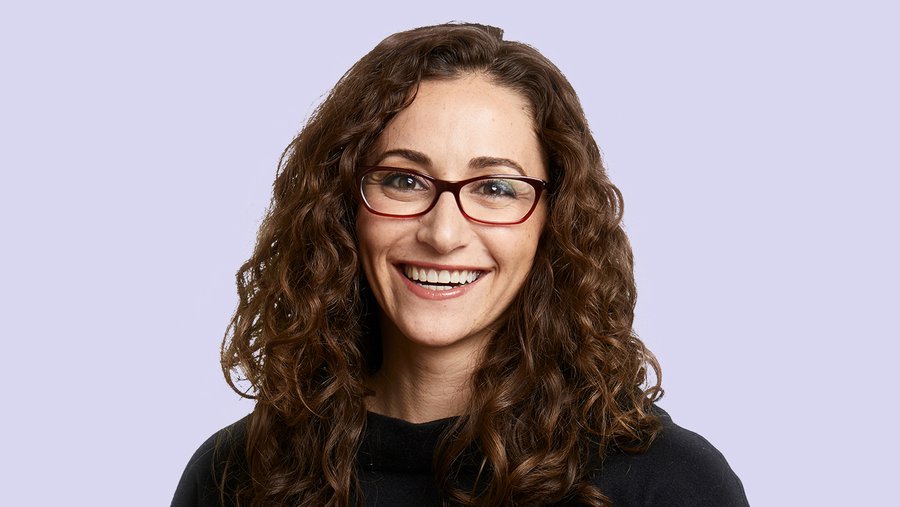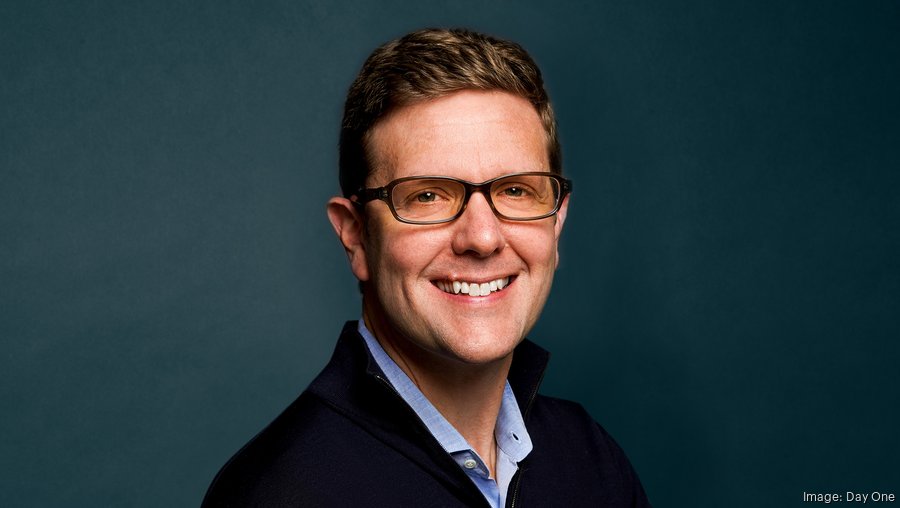Listen to this article 5 min
A million-dollar bet that a much-traveled drug could knock down a rare type of brain tumor in kids got its first payoff Tuesday with Food and Drug Administration accelerated approval for a Peninsula company.
The regulatory approval is the first for Day One Biopharmaceuticals Inc. (NASDAQ: DAWN), a South San Francisco company founded less than five years ago by pediatric cancer specialist Dr. Sam Blackman and Canaan venture capitalist Julie Grant.
Branded as Ojemda, the newly approved drug targets a type of childhood brain cancer that has returned or isn't responding to other treatments. There are no approved medicines for pediatric patients with these relapsed or refractory, slow-growing tumors — known as pediatric low-grade glioma, or pLGG — driven by an altered gene, called BRAF.
The mutation is found in 75% of pLGGs.
Many young patients today are treated with a regimen of chemotherapy drugs, but those can cause long-term developmental problems. Some patients require surgery before chemotherapy, but the success of the surgery depends on where the tumor is located in the brain, Day One CEO Jeremy Bender said.
Day One has estimated that 2,000 to 3,000 patients in the United States are on a systemic therapy or have received therapy for a BRAF-altered tumor.
Day One's pricing of Ojemda wasn't immediately disclosed.
The FDA endorsement before the market closed Tuesday sent Day One's stock from a day's low of $15.11 to as high as $17.35 little more than a half-hour later. It closed at $16.64 — up $1.26 or 8% — and was up another 36 cents in after-hours trading.
The agency had been expected to make its decision on the drug April 30.
Day One — named for the "day one" talk doctors have with the parents of young patients diagnosed with cancer — built up a sales staff in anticipation of FDA approval. The 175-employee company also has taken the drug into a pivotal late-stage study as a frontline treatment, a step in front of Tuesday's approval as a treatment for relapsed or refractory patients ages 6 months to 25 years.
It has been a 20-year journey across a half-dozen organizations for the oral tablet, starting with a 2004 small-molecule discovery collaboration between Sunesis Pharmaceuticals Inc. and Biogen Inc. Biogen exited cancer seven years later, and Sunesis licensed tovorafenib to the Millennium Pharmaceuticals unit of Japan's Takeda Pharmaceutical Co. Ltd.
"A lot of people have been working at an extraordinary pace for years," Bender said last week.
Takeda in 2012 started the first clinical trial of tovorafenib, targeting adults with the skin cancer melanoma. It also supplied the drug to a pair of Dana-Farber Cancer Institute researchers in Boston — Mark Kieran and Chuck Stiles — to study alongside similar drugs in pLGGs.
PLGGs, which account for nearly a third of childhood brain cancers, rarely spread to other parts of the body, Bender said, "but 'low grade' does not mean low impact."
Tovorafenib works by blocking a kinase, or enzyme, that plays a key role in delivering instructions from the gene that are important in the proliferation of cells. When that gene is mutated, tumors use that mechanism to accelerate the growth of cancer cells instead.
Kieran and Stiles, funded by National Institutes of Health grants, patient advocacy groups and parent groups, believed a drug inhibiting that mechanism in cancer might penetrate the brain to halt the kinase there.

Grant and Blackman, a longtime research executive at companies such as Seagen, Merck & Co. and Juno Therapeutics, had been interested in working on childhood cancers when Kieran and Stiles published their paper about tovorafenib in the brain. A friend who worked at Takeda told Blackman in late 2018 that the company was looking out-license the drug.
Grant and Blackman by mid-December 2019 had founded Day One and raised $60 million from Day One, Atlast Venture and Access Biotechnology. They bought the technology behind tovorafenib from Takeda for $1 million upfront and about $10 million in Day One stock and negotiated a license with Sunesis for $2 million and the promise of $54 million in milestone-based payments and royalties from commercial sales.
Sunesis, which never produced a drug in its 23 years, merged in 2021 with Southern California's Viracta Therapeutics Inc., which sold the promise of tovorafenib's milestone payments and royalties to Emeryville's Xoma Corp. If Day One receives then sells a voucher from the FDA — awarded for developing a drug for a rare pediatric disease and allowing the holder a faster review of another drug — it would owe Viracta/Xoma a payment in the mid-teen digits on the percentage of the net windfall from the voucher sale.





